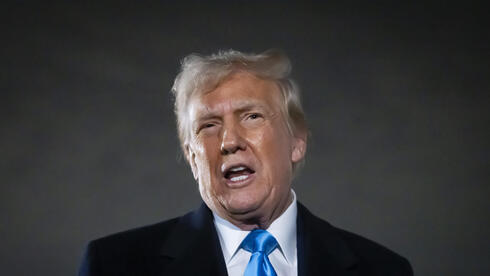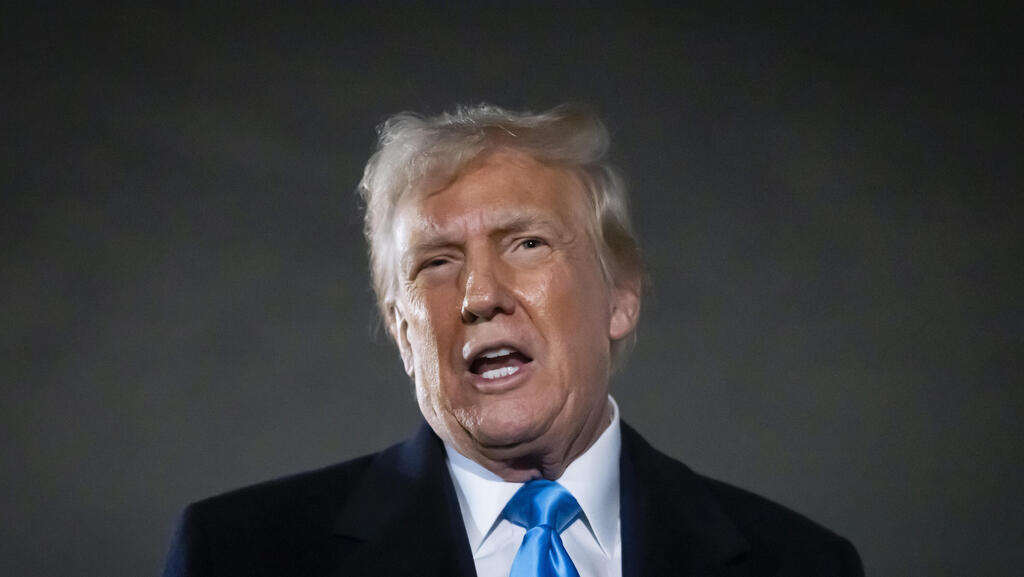
Analysis
The CEO presidency: How Trump manages the world like a Fortune 500 firm
Tariffs, alliances, and wars—all viewed through the lens of a business tycoon turned world leader.
Twenty days were enough to grasp the plans, focus, and pressing issues for the new-old U.S. President Donald Trump.
As always, he wants everything fast, here, and now. Examining his initial moves, including the rollout of his plan for the Gaza Strip, allows us to outline his thinking, rules of conduct, worldview, and the axioms by which he operates.
First and foremost, Trump sees himself as the world’s CEO, and his approach is fundamentally business-oriented. The globe is the enterprise, and it must be managed. The Panama Canal, NATO, the Middle East, Ukraine, and the U.S.-Mexico border—all of these are production factors. His guiding question, as a professional business manager, is simple: Are these resources being utilized efficiently to achieve the ultimate goal—maximizing profits?
Many wonder, whose profit exactly? Some believe the gains will accrue entirely to the United States or to Trump’s associates, who are, unsurprisingly, wealthy businessmen. It is no coincidence that he appoints tycoons and enlists the private sector to optimize and streamline the system. Trump genuinely believes there is nothing wrong with establishing a business plutocracy (rule by the wealthy) because, in his view, these are the most capable people in the world—just like him. Thus, Steve Witkoff is not merely an envoy but, rather, the VP of the Middle East division.
When Trump tackles an issue, he constructs a work plan as prescribed in business administration textbooks. Therefore, when he proposes evacuating Gaza, the logic appears straightforward: If an area is devastated, uninhabitable, and controlled by extremist terrorist elements, the solution is to evacuate the population, clean and rehabilitate the area, and establish the “Riviera of the Middle East”—a new complex integrating housing, shopping, and entertainment.
The same logic applies to imposing tariffs on trade partners and allies. To Trump, they are merely suppliers of services and goods. If they raise prices, the United States—the world’s most powerful corporation—will leverage its market dominance to force them to back down. If a supplier offers better terms to competitors, namely China, the U.S. will threaten to sever ties.
What the CEO fails to recognize is that the global arena is not a business but a highly complex system. It is not one-dimensional; it is governed by norms, rules, ideologies, and values, not just business interests.
And, as befits the CEO of the world’s most powerful enterprise, Trump has also convinced himself that he is the chosen one. It is no coincidence that his defining traits are narcissism and megalomania—an extreme version of Israeli Prime Minister Benjamin Netanyahu’s Me, Myself, and I doctrine. Only Trump knows and understands; the discourse must revolve solely around him. Anyone who dares to criticize the CEO—even if the criticism is factual and in the company’s best interest—must be removed, by any means necessary.
Like any CEO, Trump has little patience for directors and ombudsmen within the system—whether internal or external. In the same vein, he despises legal constraints, scorns the Supreme Court (unless he can stack it in his favor), and holds similar contempt for the opposition, free media, international organizations, state institutions, and any authority that seeks to limit or restrain him. In his eyes, these are obstacles that hinder business operations and lack the vision to think outside the box.
The bottom line is clear: Only Trump will manage, determine, and decide—because, in his view, without him, there is no company. For this reason, he believes he deserves every bonus imaginable. Naturally, he also believes he is entitled to be named CEO of the Year—or better yet, awarded the Nobel Peace Prize.














